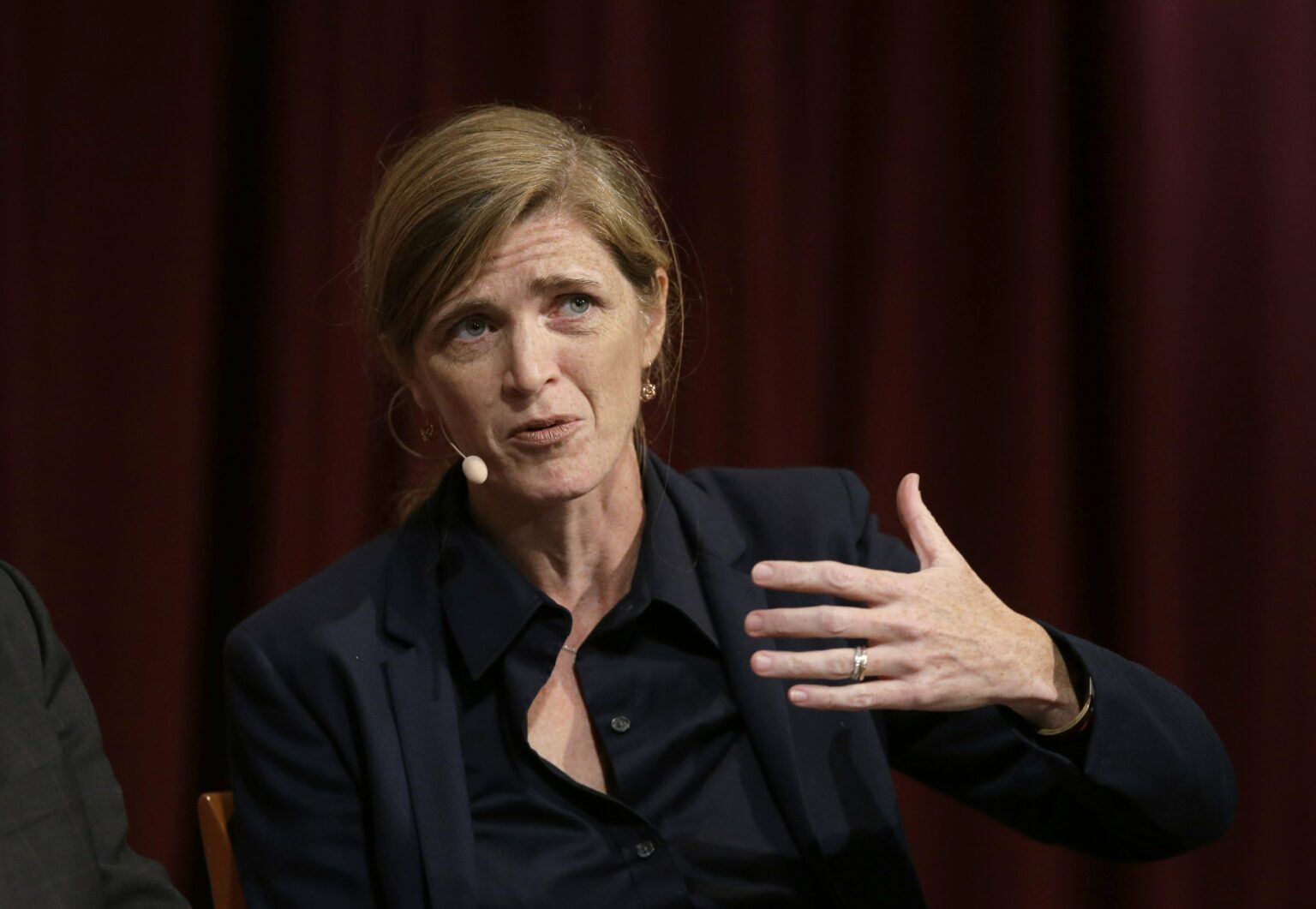The US aid chief has admonished China for failing to do enough in the midst of a food crisis caused by the Russian-Ukrainian war, which has pushed up global food prices and jeopardized global food security.

Samantha Power, the head of the United States Agency for International Development, spoke on Tuesday at the Centre for Strategic and International Studies in Washington about the rapidly increasing global food security crisis.
https://twitter.com/PowerUSAID/status/1549498947101761537?cxt=HHwWgoC9nabF9oArAAAA
Power stated in her speech titled, “The Line Between Crisis and Catastrophe,” that the food crisis in the Horn of Africa has worsened as a result of the Russian-Ukrainian war and that countries must step up their efforts to prevent a famine there.
“Large numbers of Ukrainians have already been moved from relatively prosperous lives to ones marked by abject poverty and they are in a need of humanitarian aid as a result of Putin’s war. However, by doing so, he is also waging war on the world’s poor, driving up the cost of food, fertilizer, and fuel while removing Ukrainian grain from the market, she claimed.
Power described the seriousness of the current food crisis, especially in the Horn of Africa, and the actions the US is taking to combat hunger and malnutrition worldwide. She also emphasized the imperative need for adequate measures to stop the crisis from getting far worse.
Power outlined three fronts where the world food crisis must be fought in order to prevent a catastrophe and declared that USAID will increase its humanitarian and development aid to the Horn of Africa by nearly USD 1.3 billion.
She further added, “We must battle together on three fronts, providing immediate humanitarian aid to the severely hungry and malnourished, providing sustained investment in global agriculture that will help farmers increase their harvests, and undertaking concerted diplomacy so that we mobilize more resources from donors, avoid export restrictions that can exacerbate the crisis, and lessen the burden on poor countries.”
The US aid chief slammed China, saying that the world’s second-largest economy “in particular stands out for its absence” from humanitarian efforts in the East African countries.
More food and fertilizer exports from China, according to power, would “significantly relieve pressure on food and fertilizer prices and powerfully demonstrate the country’s desire to be a global leader and a friend to the world’s least developed economies” and would go to the international market or the World Food Program.
“The People’s Republic of China is one nation that stands out right now for being absent. Prices were rising even prior to the start of the Ukrainian conflict due to Beijing’s restrictions on the export of fertilizer and its stockpiling of grains. At the same time, the US government provided little in the way of stock and production transparency, which could have calmed markets, “she said in her speech.
Global Food Crisis at a glance
Grain shortages, hunger, and political instability in developing nations are at risk due to the Russian-Ukrainian conflict, which is preventing grain from leaving the “breadbasket of the world” and driving up food prices worldwide. See here.
Together, Russia and Ukraine export more than 70% of the world’s sunflower oil along with significant amounts of corn, nearly a third of the world’s wheat and barley, and other agricultural products.
It should be also be noted that Russia is the world’s top producer of fertilizers.
Two of the key chemicals used to make fertilizers, of which Russia is a significant supplier, have particularly severe shortages.
Due to the war, approximately 20 million tones of Ukrainian grain were unable to reach the Middle East, North Africa, and some regions of Asia, which has caused global food prices to rise even more.
Prior to the invasion, food prices were rising due to factors such as unfavorable weather and poor harvests that reduced supplies and caused shortages, while the COVID-19 pandemic brought a significant increase in demand worldwide.













